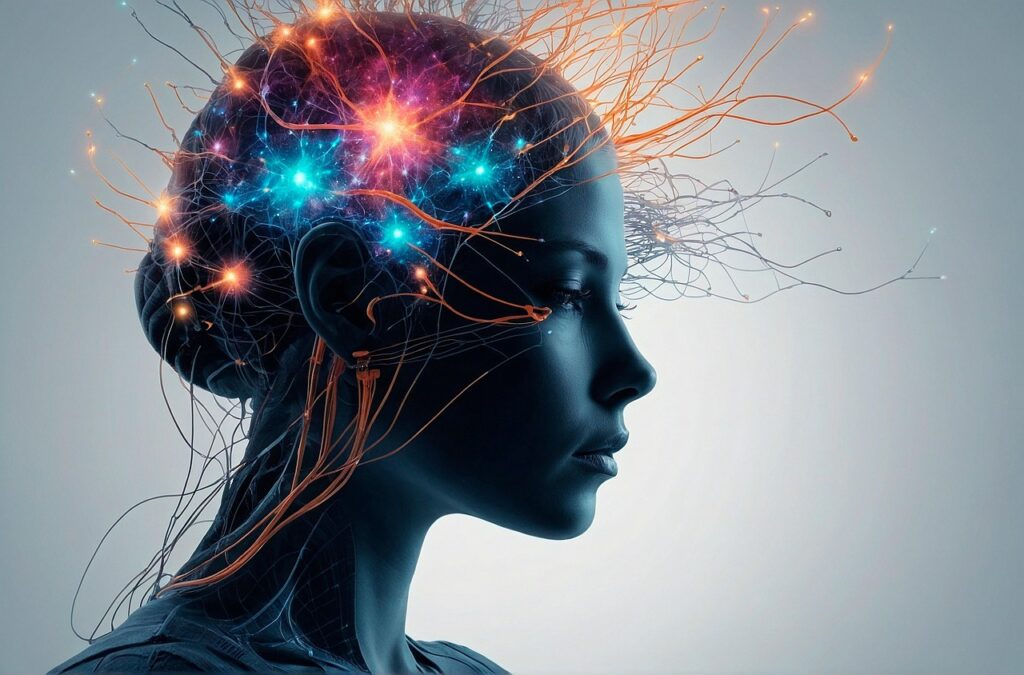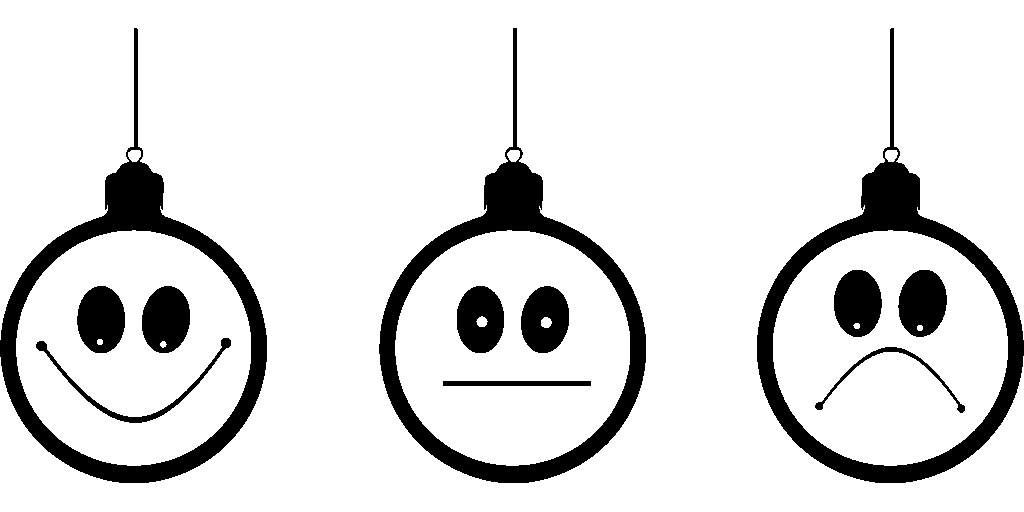This article will tell you that how artificial Intelligence (AI) is rapidly changing mental health care and is no longer just found in sectors like technology or finance. AI-powered mental health apps and virtual therapists are just two examples of how technology integration is enabling millions of people to get quicker, more individualised support.
What is AI in Mental Health Care?
The term artificial intelligence (AI) in mental health care refers to the application of data-driven tools, chatbots, and algorithms to aid in the diagnosis, management, and prevention of mental health issues. These programs offer symptom tracking, virtual counselling, and even early diagnosis of conditions like PTSD, anxiety, and depression.
Benefits of AI for Mental Health
- Stigma, cost, or lack of access make many people afraid to get traditional therapy. AI mental health apps and chatbots are available around the clock, which makes it easier to get help.
- AI uses data to make suggestions that are specific to you, like mindfulness exercises, CBT (Cognitive Behavioural Therapy) techniques, or keeping track of your mood patterns.
- AI can use predictive analytics to find early signs of mental health problems before they get worse, which encourages quick action.
- Less Work for Professionals.
- AI tools can help therapists and psychiatrists do assessments automatically so they can focus on more personal and deeper aspects of care.

Challenges and Concerns
AI in mental health is a good thing, but it also makes people worry about privacy, ethics, and trustworthiness. Without professional supervision, there is a chance that people will rely too much on AI chatbots. Another big worry is data security, since private health information needs to be kept safe.
The Future of AI in Mental Health Care
According to experts, hybrid models of care will be created in the future by fusing AI technology with human therapists. AI-powered wearables, voice-based emotion recognition, and virtual reality therapy will all keep opening up new possibilities.
Conclusion
AI in mental health care isn’t meant to take the place of therapists; it’s meant to make mental health care easier to get, cheaper, and more tailored to each person. As technology gets better, the key will be to find a balance between new ideas and caring for others. This will make sure that therapy stays focused on connecting with other people.

Frequently Asked Questions (FAQs) on AI in Mental Health Care
How is AI used in mental health care?
Chatbots, smartphone apps, and predictive analytics are some of the ways AI is being used in mental health care. Through virtual therapy platforms, these tools offer round-the-clock support and aid in the early detection of anxiety, depression, and PTSD.
Can AI replace human therapists?
No, human therapists cannot be replaced by AI. AI tools are capable of offering resources, assessments, and support, but they are devoid of the human professionals’ empathy and intimate knowledge. AI is most effective when used in conjunction with conventional therapy.
What are the benefits of AI in mental health care?
Better accessibility, individualised care, early disorder detection, and less work for therapists are all benefits of AI. People who might not otherwise seek traditional therapy can now access and afford mental health support.
What are the risks of AI in mental health?
Some risks include privacy concerns, inaccurate diagnoses, over-reliance on technology, and ethical issues such as algorithmic bias. Human oversight and data security must be guaranteed.

